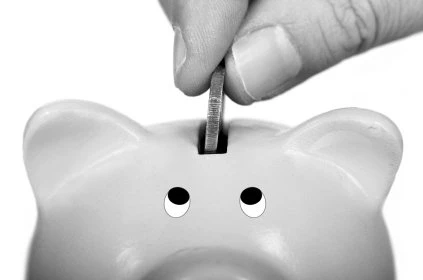
Once you decide that bankruptcy is the right decision for you, the first question you should ask yourself is, “What bankruptcy chapter should I file?”
The chapter you should choose depends mostly on factors like how much debt you owe, your income, the extent of your assets, and your profession. In this article, we’ll take a quick look at the options an individual has for bankruptcy. For more information, contact Minneapolis Bankruptcy Attorney Gregory J. Wald today.
Liquidation or Reorganization?
Most people file for bankruptcy under Chapter 7 or Chapter 13 (there are some rare exceptions, but we’ll get to those last).
Chapter 7 is a “liquidation bankruptcy,” because the court sells your non-exempt property to pay your creditors. It’s ideal if you have few (if any) non-exempt assets and mostly unsecured debt. Choose it if you’re unemployed, have suffered a significant loss of income, have an “upside down” mortgage, just divorced, or have huge bills. It takes 3-4 months to complete.
Chapter 13 is a “reorganization bankruptcy” where you can arrange to keep your property. The court consolidates your debt into a monthly payment plan that lasts 3-5 years. This is crucial if you have so much equity in the property that losing it would be catastrophic.
When Should You File Chapter 7 Bankruptcy?
If you make at or below the state’s median income for your household size, you typically qualify for Chapter 7. If you make too much money, you’ll have to pass a “means test.” You may still qualify if your expenses are high and you expect to make less than the median income for the next five years.
While you can use a Chapter 7 bankruptcy to discharge many unsecured debts, you cannot discharge student loans, taxes, alimony, child support, or government fines.
What Happens After You File Chapter 7?
An “automatic stay” goes into effect. This ruling temporarily blocks most collection activity by your creditors, including any foreclosure proceedings on your home. But Chapter 7 only gives you a little time to catch up on secured debt. To keep your home or other secured property, you have to pay any arrears and maintain the monthly payments, or it’ll go into collection again.
Meanwhile, the court appoints a trustee to sell your non-exempt property. However, by the time you file, you may only have exempt property left. If so, you can discharge your unsecured debt without losing anything more. You can choose exemptions from a federal list or a Minnesota list, but not both. Exempt property in Minnesota includes:
- Homestead equity to $390,000 for one house and $975,000 for up to 160 acres of land.
- Any insurance proceeds for your damaged/destroyed house, up to the equity limits.
- Home sale proceeds for a year after the sale, up to the equity limits.
- A manufactured home’s full value.
- Employee benefits to $69,000.
- $4,600 equity in one auto, or $46,000 if you’ve spent $3,450+ to accommodate someone disabled.
- Personal property to $10,350.
- Wedding rings to $2817.50.
- Tools of the trade, livestock, etc. to $11,500.
- Farm machines to $13,000.
- One burial plot.
- One church pew.
- Teacher’s books/equipment.
- 100% of public assistance or veteran’s benefits, or worker’s compensation.
- The higher of 75% of your wages, or 40 times the Federal minimum hourly wage weekly.
When Should You File Chapter 13?
Chapter 13 applies when you don’t qualify for Chapter 7 and have a regular income but still need debt relief. It lets you catch up on late mortgage and other payments by folding them into your reorganization payments. You can also use “lien stripping” to discharge any extra mortgages on your property and may qualify for a “cramdown,” lowering the principle on your secured debts.
Federal rules limit you to $394,725 of unsecured debt, with no more than $1,184,200 of secured debt. After the reorganization, you have to keep up with all your payments, including new mortgage payments, or you can still lose it all.
Other Bankruptcy Chapters That May Apply
While you may associate Chapter 11 with business bankruptcy, some wealthy individuals with large amounts of debt can use it too. Otherwise, there’s Chapter 12. It’s like Chapter 13 but applies only to farmers and professional fishermen. Its repayment plans are usually more flexible, with higher debt limits.
What Bankruptcy Chapter Should I File? Ask a Bankruptcy Attorney
A Minneapolis bankruptcy attorney can help you determine which bankruptcy chapter best suits your needs. Contact Gregory J. Wald, Attorney at Law to learn more.


